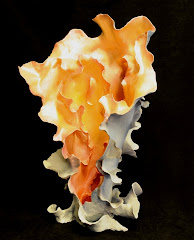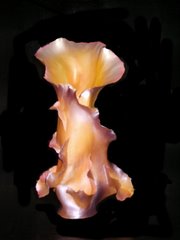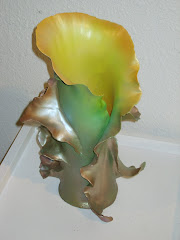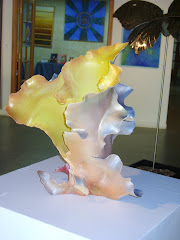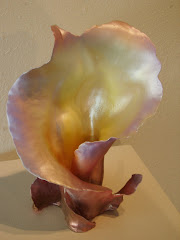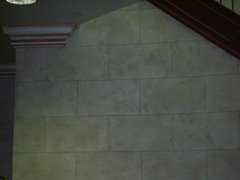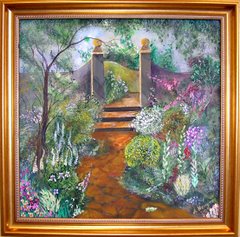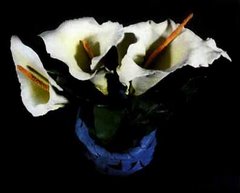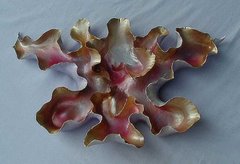For what it's worth: I grew up in a household that was to some extent emotionally dysfunctional. The reason I ranted about religion is that the Roman Catholic aspect of my education exacerbated that. What did serve, as far as my ability to take advantage of the excellent academics offered by the parochial school and Catholic high school I attended, was an atmosphere of respect for and encouragement of reading. Some of this may have come from the bi-lingual necessities of being an immigrant family from Europe, along with the fact that my Dad had had ambitions of becoming a professor of Hungarian literature before his education was truncated by the exigencies of war and escape.
Books were valued in our home, as was conversation about ideas. The children were, if not included in adult conversations, at least within earshot and never banned from being in the room when matters of interest were debated or argued. And though physical curiosity was mostly discouraged, intellectual curiosity was held in esteem. So were trips to the library, where we were let loose to explore the stacks and (remember them?) the card catalogs.
Paper and pencils, crayons, glue and scissors were always available. And we did a lot of things together, even as supplements to the family income. I don't think either of my folks know how much I appreciate their hard work, as I only later came to understand what that meant. But it all came together for all of the four children that we did well at school. And I'm sure beyond doubt that a great deal of that had to do with the setting at home in which scholarship was cooperatively valued and exemplified, as was activism.
What I'm saying is that when we got to the teachers, they had something to work with. We were not, in a sense, in an unfamiliar environment. And whatever we were presented with as subject, we had already as tools such faculties as interest, confidence, and willingness to research on our own. Our intellectual, other than religious, autonomy, was supported and fed. And a few even allowed us or--rarely--encouraged us to examine why we had faith, and in what, and how.
But in my case, at least, the term e-ducate (>educare, to lead out of) evolved through appropriate means as an actual process of learning being elicited as an experience from the interior, that trackless infinitude of Space and Meaning behind our eyes. It wasn't easy, and sometimes I had to fight for the integrity of my discovered conclusions. But they were, in essence, discovered. Even if it was some idea from yore, I owned it because the connections that made that idea real and actual were my at least intellectual experience capable of then being tried in the world. And I am grateful for that.
Tuesday, December 3, 2013
Subscribe to:
Comments (Atom)

